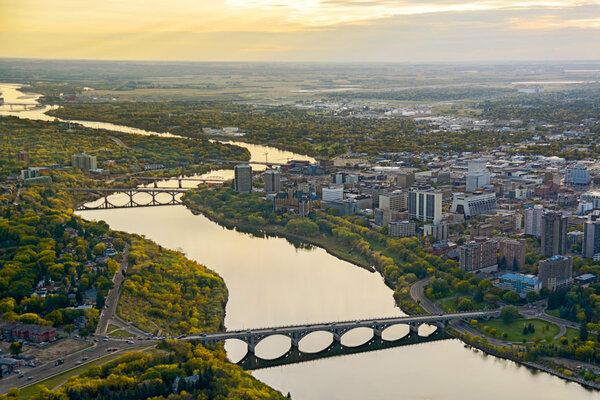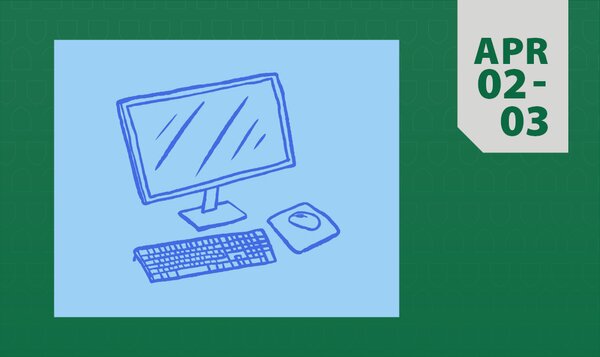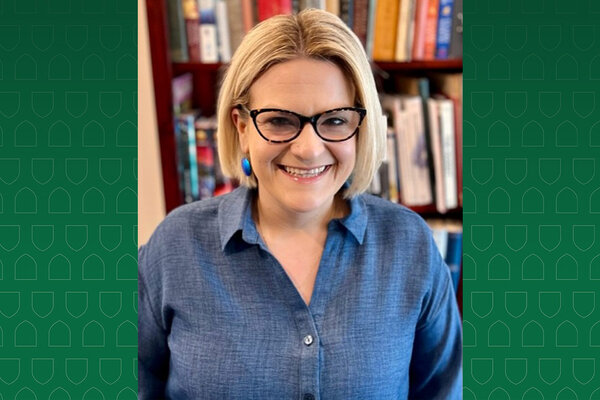
Human past and present intrigues USask archaeology and anthropology graduate
Alyshia Reesor will receive a Bachelor of Arts degree with double honours in anthropology and archaeology during USask's 2021 Fall Convocation
By Shannon Boklaschuk
As Alyshia Reesor prepares to graduate from the University of Saskatchewan (USask) this fall, she looks back on her time as a student with fond memories and a sense of pride.
“At 29, I have succeeded and failed at many things, and my degree is one more thing that I am proud of accomplishing,” she said.
During USask’s 2021 Fall Convocation, Reesor will receive a Bachelor of Arts degree with double honours in anthropology and archaeology. She began her studies in the Department of Archaeology and Anthropology in USask’s College of Arts and Science in 2017, and she has since achieved one of the highest academic averages of graduating students in the department.
Reesor came to the university after visiting a friend who was a USask student; Reesor really liked the campus and knew it would be the right fit for her. She soon found her passion for archaeology and anthropology there.
“I wanted to get the full experience of the human condition, both past and present. I have a passion for understanding the past and how human-environment relationships have changed over time,” she said. “My area of interest includes insects and the information that we can learn from them. However, I am content just digging in the dirt and talking to people.”
Reesor currently lives in Alberta with her fiancé and her 13-year-old son but is working in Saskatoon as the public archaeology intern for the Saskatchewan Archaeological Society (SAS). When she isn’t working, she enjoys spending time with family, camping, canoeing, making candles, travelling and learning new things.
During the last academic year, Reesor was part of the Archaeology and Anthropology Students Association (AASA). Despite the challenges presented by the COVID-19 pandemic, Reesor worked alongside her peers to put on events that would benefit her and her fellow students.
“We hosted a successful online student conference in conjunction with the SAS, shared many online events and sold books, which led to the development of a one-time bursary for two of our students,” said Reesor, noting that she worked hard during her studies to overcome many of life’s challenges.
“Like many students, I worked, went to school and took care of my family. I always tried to go over and above what was required of me. I often did things that I did not want to do or that were outside of my comfort zone because I knew it would benefit myself or someone else. When I was the treasurer for the AASA, I would often take on extra jobs to ensure we were keeping students connected and to provide them with beneficial opportunities. I took uncomfortable risks, such as presenting and publishing. I worked hard at balancing work, family and school and, at times, balance was difficult to maintain. My hard work has led to some amazing connections, friendships and opportunities.”
In 2022, Reesor plans to relocate to Newfoundland to work on a master’s degree in archaeoentomology, to study insects as they pertain to the archaeological record. As a new USask graduate, she has advice for students who are just beginning their post-secondary education—and it’s the same advice she gives to her siblings and to her son. For starters, Reesor emphasizes the importance of reading the course syllabus when taking a class.
“The syllabus will tell you everything you need to know about readings, assignments, due dates and what to expect. Begin your research as early as possible and try to finish assignments weeks before the due date. This will lead to lower stress levels and better marks; everyone can tell when a paper was written the night before,” she said.
Reesor also advocates utilizing the resources available at USask, such as the Writing Centre and Access and Equity Services.
“Using these resources is not a sign of weakness; they are there to help you be the best you and to help you grow and succeed,” she said. “Your professors are regular people who are passionate about their research and are often willing to help; do not be afraid of going to them. Get involved in any way possible; volunteer, go to conferences, present, read, publish and make connections. Throughout university, you will fail, you will cry, life will not always go according to plan—and all of that is OK.”


